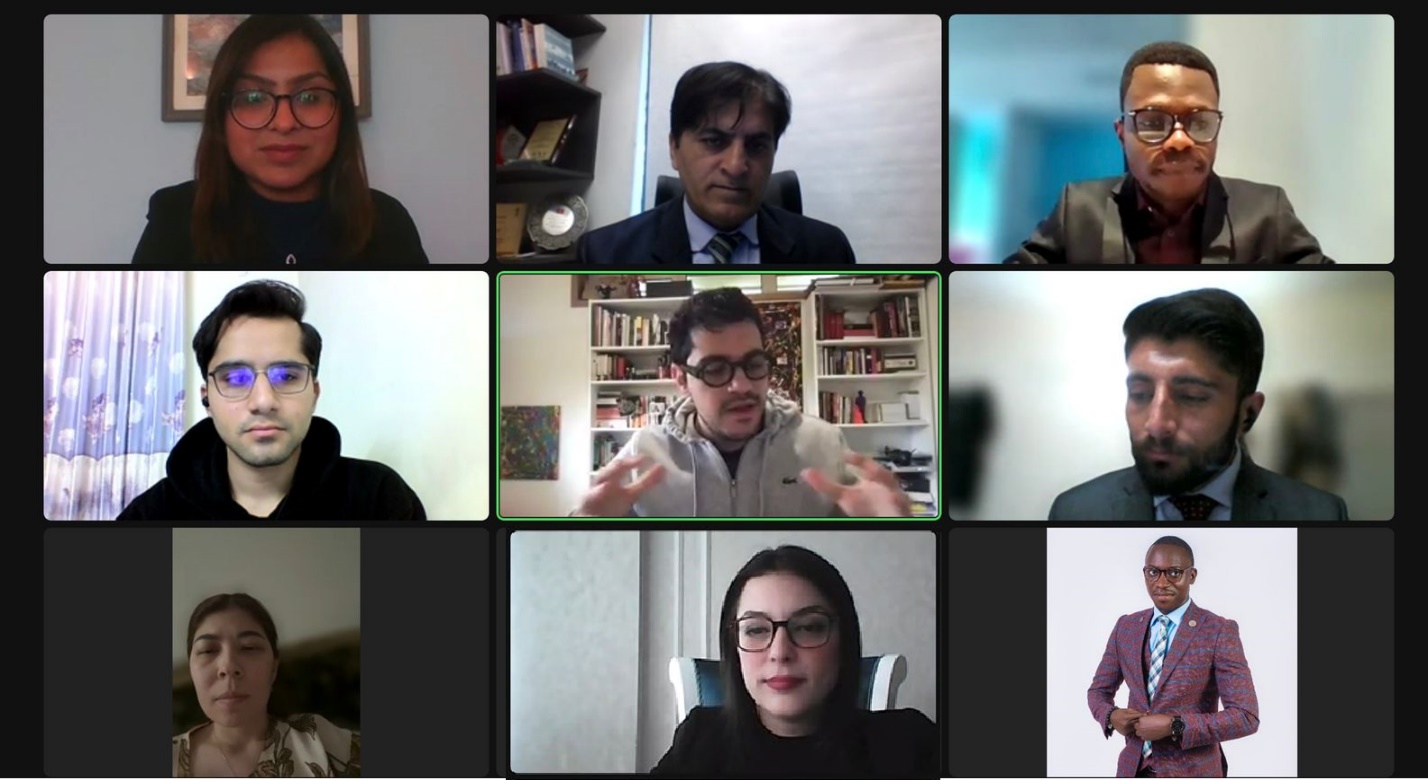International Forum Dismisses Western Propaganda, Praises China's Development

The Center for BRI & China Studies, Global Strategic Institute for Sustainable Development (GSISD), a non-profit public policy think tank, organized an international forum on Human Rights, Capitalism, and Sustainable Development: Global Approaches and Perspectives at the 73rd session of the United Nations Committee on Economic and Social Cultural Rights (ESCR). The webinar, held in a hybrid format, aimed to shed light on China's impressive development and poverty eradication and to highlight alternative perspectives on human rights and development.
Over the past five years, China has put people’s well-being front and center, followed a new vision of innovative, coordinated, green, open and shared development, and taken comprehensive measures to implement the 2030 Agenda according to its national implementation plan that was among the first of the kind in the world. China has also actively participated in international development cooperation to promote global implementation endeavors. Keeping in view China’s global and regional role in harmonious co-existence, the speakers highlighted Chinese perspectives and Western capitalist-driven propaganda against the socialist market economy of China.
The webinar featured speakers including Rosmel Rodriguez from Portugal, Maiya Suyunchaliyeva from Kazakhstan, Claudia Palazzo from Italy, and Yunus Ibrahim Hussain from Africa.
Rosmel Rodriguez, European Union political analyst, ambassador of European Climate Pact, and president of the European Committee of Global Peace and Human Rights, emphasized that the Chinese government is protecting human rights and providing freedom to all minorities. He also debunked Western reports of mosque demolitions in Xinjiang Uygur Autonomous Region, stating that there are about 24,000 mosques in the region, about one mosque for every 530 Muslims. He added that China is developing Xinjiang according to international standards and employment has greatly increased, with a focus on labor rights.
Claudia Palazzo, an Italian journalist and political analyst on global affairs, highlighted the need for a current economic system that respects Mother Nature and basic human rights. Maiya Suyunchaliyeva, a human rights expert and social entrepreneur, questioned the authenticity of reports presented by various international organizations, stating that most of them are fake and are just meant to damage the businesses of other countries.
Yunus Ibrahim Hussain, an elected academic fellow of the World Academy of Arts and Science, California, spoke against propaganda that dams in Tibet Autonomous Region are causing pollution, stating that China has followed international standards, laws and rules. He also emphasized that the Chinese government is protecting human rights conditions, protecting culture and language, and allowing citizens to participate in voting and politics.
The speakers also highlighted China's contributions to human development and their rights while incorporating global perspectives. They dismissed Western propaganda and reports of mosque demolitions in Xinjiang as fake and highlighted that Xinjiang is a hub of the Belt and Road Initiative (BRI). They highlighted China's development of Tibet in agriculture, education, and the economy and increased employment opportunities due to the BRI.
Speakers also highlighted that China’s fight against poverty has ended poverty for the 98.99 million rural residents living below the current poverty line, meeting the relevant targets of Sustainable Development Goals 10 years ahead of schedule. Building on these achievements, China is prioritizing the development of agriculture and rural areas, and implementing the rural revitalization strategy in a comprehensive manner.
Speakers also elaborated China’s remarkable achievements in implementing the 2030 Agenda which is attributed to the strong leadership of the Communist Party of China, to the advantages of socialism with Chinese characteristics, to China’s comprehensive drive to deepen reforms and expand opening up, and to the joint efforts of the people of all ethnic groups in China.
China stands ready to work with other countries to consolidate political will, put development first, strengthen the means of implementation, take joint actions and address special difficulties of developing countries to leave no one and no country behind.